PM Orban emphasized that success no longer legitimizes the European Union, and so Brussels has turned to a new narrative: “Europe’s new mission is to clash with Russia in the East.”
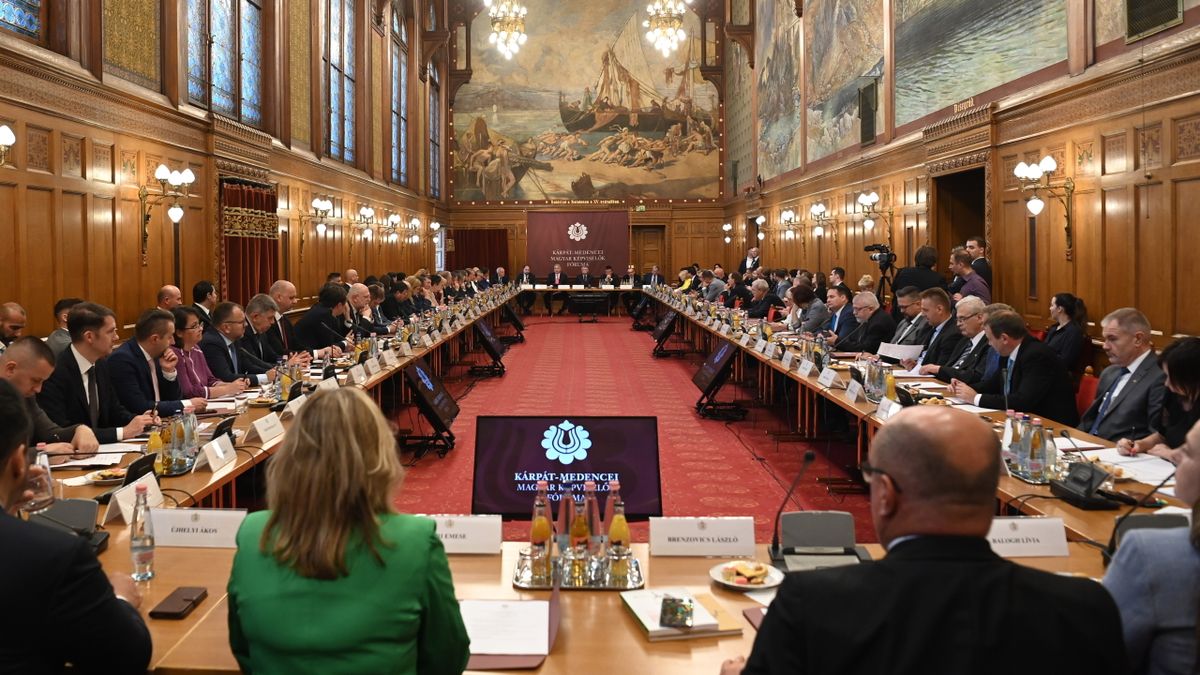
Brussels’s war propaganda claims that Russia could attack EU or even NATO member states, and that only a preemptive strike could stop it,
the PM stated, adding that in "their heads" the war in Ukraine is itself the preemptive strike.
He argued, however, that this is false — Europe can be protected without continuing the war in Ukraine.
PM Orban said the war has become the catalyst, a pretext for Brussels to centralize power and eliminate national sovereignty, calling it a “coup” and a derailment of the original logic of European integration.
For Hungarians in the Carpathian Basin, the greatest challenge is the war, or more precisely the Brussels war policy fueling it,
the prime minister stated.
The War’s Massive Economic Toll on Europe
This war policy, he emphasized, brings nothing but harm, endangering the future by driving up energy prices — and with that, the cost of nearly everything — causing deep suffering in the European economy.
The pro-war policy imposes enormous burdens on all of Europe, including the countries of the Carpathian Basin. It diverts resources from development and investment, which are crucial for the economic life and cooperation of Hungarians across borders,
he warned.
Mr. Orban highlighted: This is not the European Union we joined.
Rejecting a Centralized European Superstate
Orban pointed out that until now the bloc has been legitimized by its successes, which also provided its identity. This built on the peace and prosperity the EU established on the continent following the blood-soaked first half o the 20th century. But this has disappeared.
A centralized, Brussels-controlled superstate, is not in the interest of Hungarians or other peoples living in the Carpathian Basin,
he underlined
At the plenary session of the Forum of Hungarian Representatives of the Carpathian Basin (KMKF), the prime minister said that many empires have already sat on the necks of the Hungarians, and although the old empires have fallen, "we would not like to live through it again, if possible". He recalled that Hungary has endured many empires in its history:
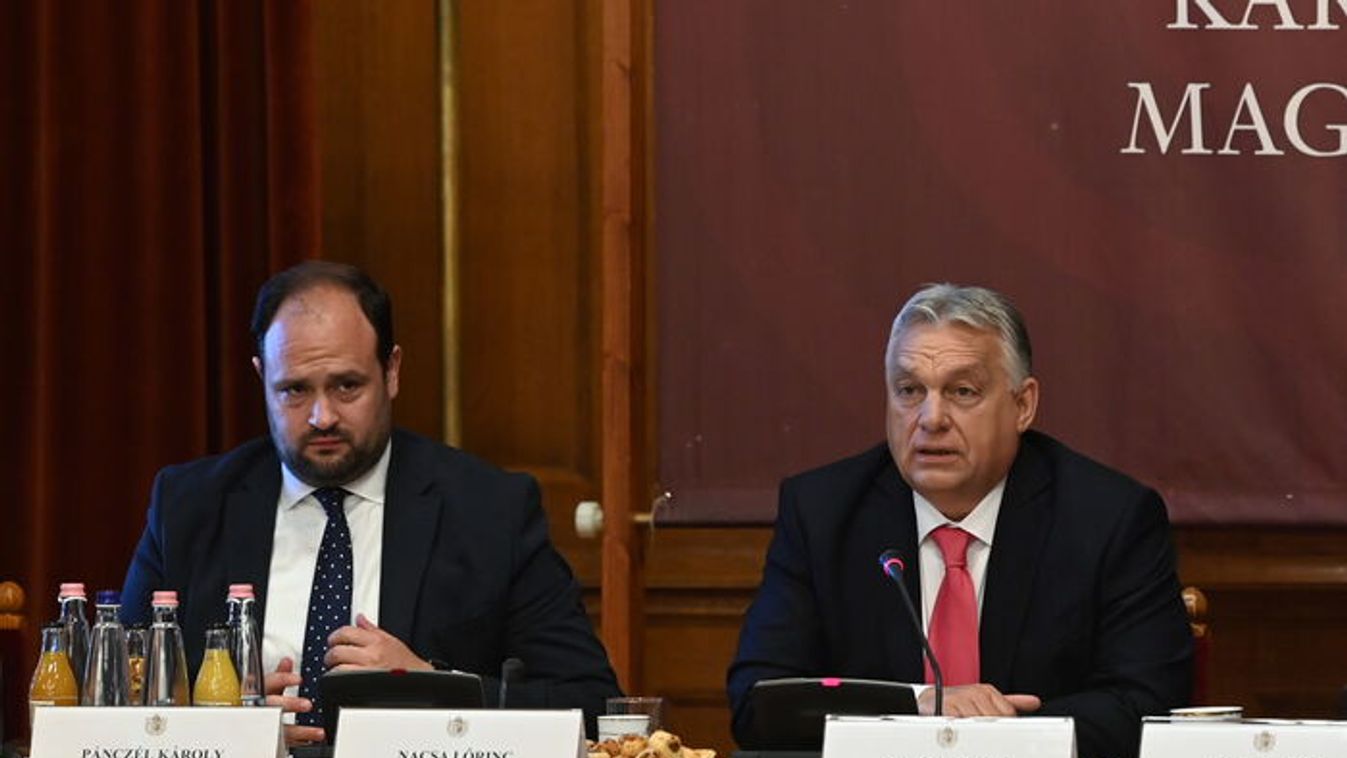
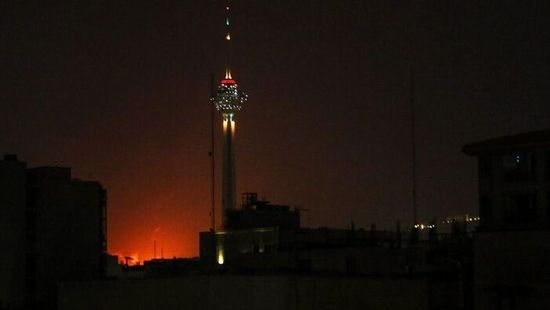

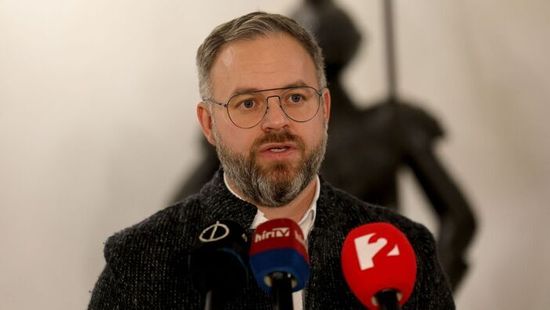
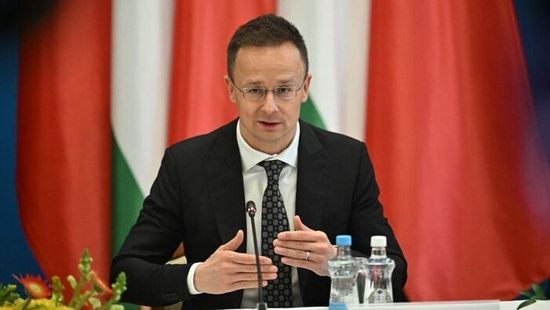



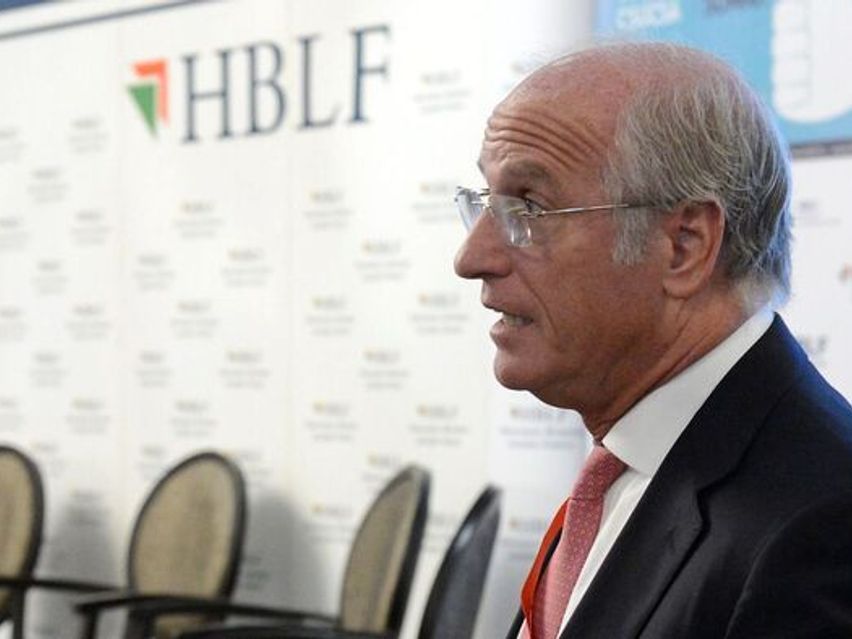
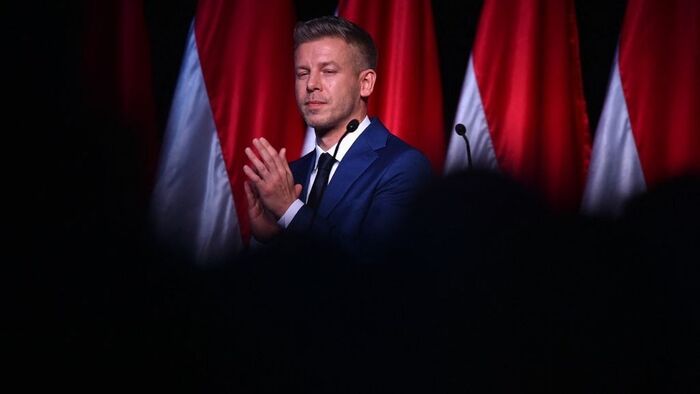


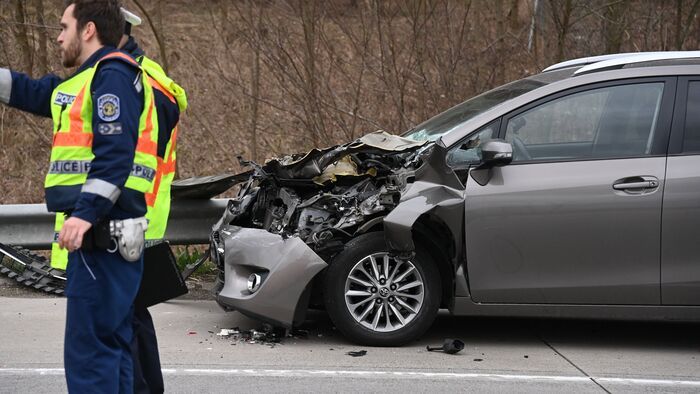

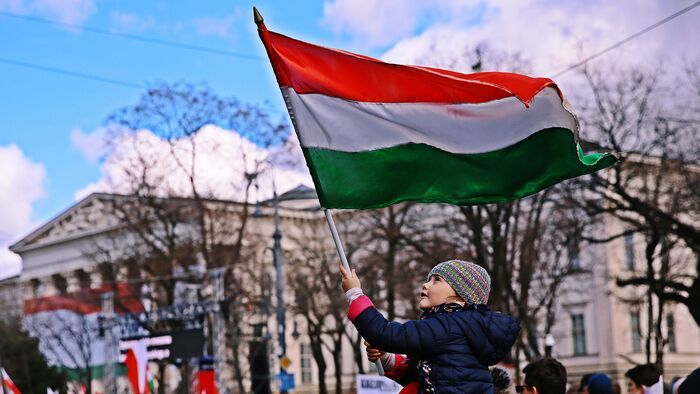
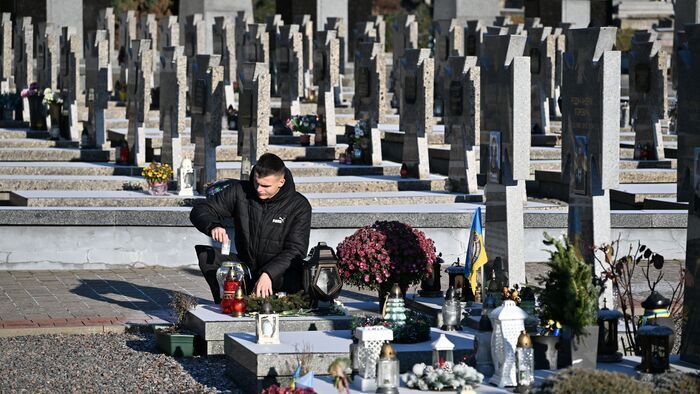

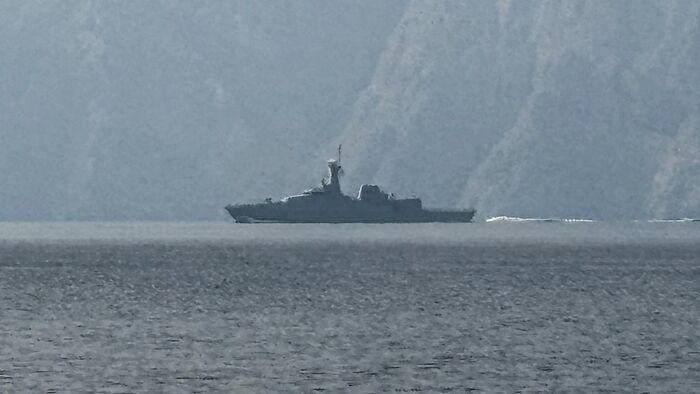





Szóljon hozzá!
Jelenleg csak a hozzászólások egy kis részét látja. Hozzászóláshoz és a további kommentek megtekintéséhez lépjen be, vagy regisztráljon!